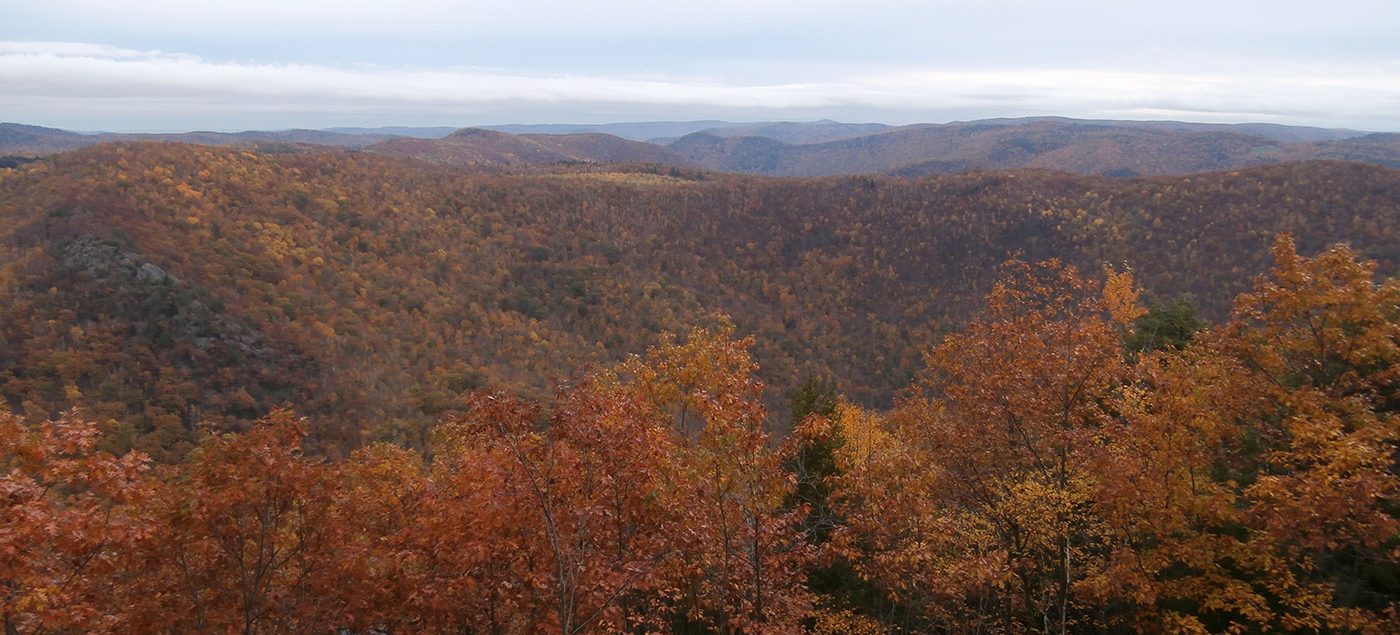David Troupes – from ‘God of Corn’
These poems are from a developing sequence titled God of Corn. Each poem begins with a line or passage from J G Holland’s 1865 multi-volume book A History of Western Massachusetts. The project is a study of origins: origins of our ideas about land, human endeavour, and the constituents of spirit.
HIS WIFE
His wife, with such help as she could command, managed the farm, and in the harvest season, she, with her daughters, entered the field, sickles in hand, and by persevering toil, cut and secured the grain.
The edge of the forest where the trees knelt down,
the edge of the marsh full
of red-winged blackbird nests, now emptied
and falling—these were the things I knew about. My brother
knew about mushrooms.
We roamed eyes down through the fern, anything to help,
filling his basket and my apron. Thursday’s rain
had set them growing but today was of blue air and dry.
Insects clung to the leaves—they didn’t know.
Echoes of hammering crossed our swamp, crossed again
through the cold sun, the air-ponds,
the marsh-light. The birdless woods
mumbled ruin.
We crept on, wood to wood, trusting
the echoes to carry.
Field-edge to field-edge, many fallow
and opened now into seeds for the wind to want. The sun
broke
in darkening orange, raked
by stubble. There was one field
with only women. I stopped
and watched, fists
holding the corners of my apron, my middle a waft of earth.
I watched them with their strange knives
gathering the wheat.
Mushrooms are queer plants, my brother says.
Most of the year they are nothing but root.
AND TO THOSE BLEAK HILLS
Evening, and the world keeps trying to end. For the last
one thousand
seven hundred and fifty-five years the rivers
have been running,
lifting
the silt, cleaning the tubs
where the body bathes, weeding the white garden. In this
everything joins.
There are hands
taking up the seeds, sliding them from palm to pocket.
There are eyes casting about, a last counting.
Scent lingers by the scoured millwork.
Yet of myself
there is a scattering, of myself
the pieces fall, fissured
by sin and carried to the marsh.
The stones give their blood, the pond fills, the bluegills
break and breed.
When my brother’s letter came
it was a relief to think
the worst had happened,
it was over—
had been over several days, even,
before I knew a thing.
BIDDING FAREWELL TO THE SCENES
Bidding farewell to the scenes that, by the very hardships with which they had been associated, had become dear, the pilgrimage of sturdy manhood, buoyant youth, and tender but strong-hearted womanhood, through a hundred miles of wilderness, commenced.
The moon is on the lake like the ashes of a house.
I hear
behind me
men talking by the fire. The boys have caught
only panfish, full of needles.
The stones are cool
and sharp under my toes. Flies, little nothings, chase
across the darkness. I lift water
onto my face, slide my wet palms
over my neck for the trill of bones
and as I stand the lake settles
its air to my eyes.
It will be a time until we smell burnt sugar again, a time
until we have a church
and new men.
In the woods
the camp has settled away,
planks and blankets among the pines.
I feel the child grow that is not yet within me,
I taste the fish in my mouth, I swallow
to mend myself.
From the stones in the darkness my feet may be bleeding. I want
to step into the lake,
let my clothes fill with this water, let my hair fill
with this water.
I do not mean to drown.
I mean with my heavy skirts to rise.
David Troupes has published two collections of poetry with Two Ravens Press and has recently self-published an illustrated storybook called Renaming of the Birds available through his website where you can also read his comic strip, Buttercup Festival. David was born and raised in Massachusetts, but lives now in West Yorkshire with his wife and daughter.
